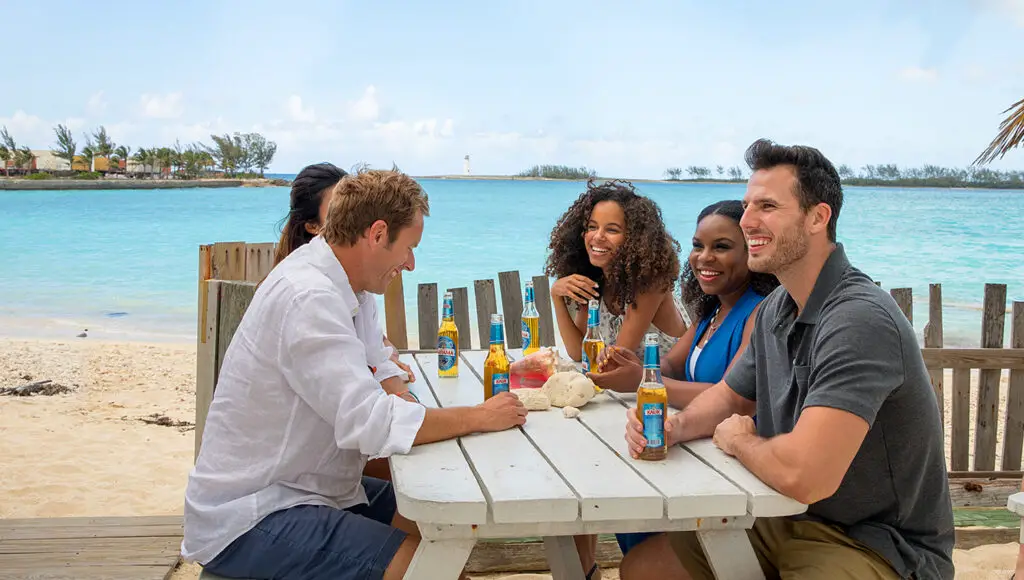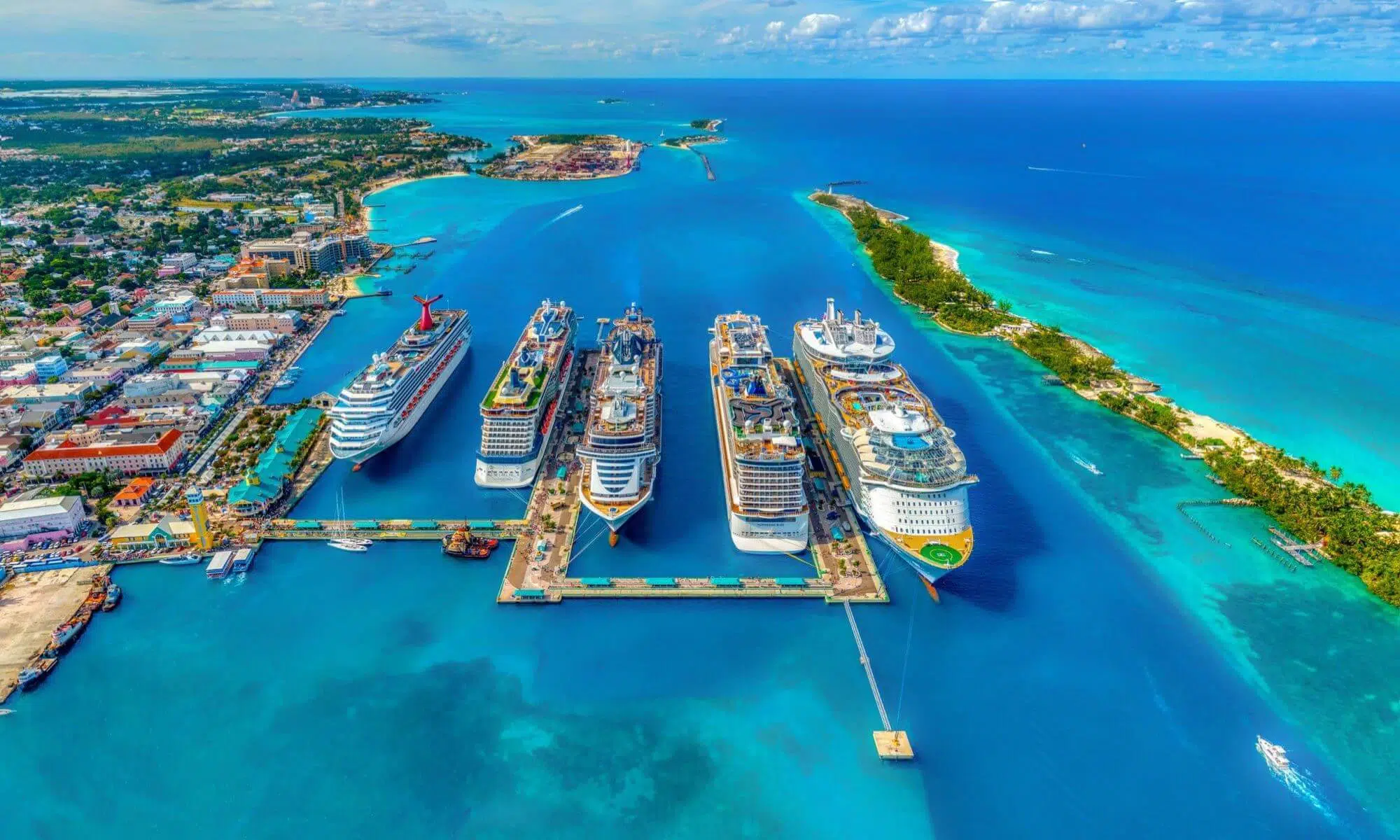The Bahamas is a beautiful country and is a gorgeous place to visit if you want to lounge by the sea and explore some breathtaking islands and attractions.
Of course, your motivation might be a bit different too, especially if you wish to make a more long-term or permanent move to The Bahamas‘ beautiful islands.
Regardless of the duration of your trip or the purpose of your visit, you might have concerns about being able to communicate with the residents and citizens of The Bahamas.
Will you need to learn an entirely new language or figure out the phrases used on a regular basis to get by?
If you are curious about The Bahamas’ official language and other commonly used forms of speech and dialect, I will tell you all about it through this post! Keep reading and understand the history and nuances of the Bahamian languages below.
What Language Do They Speak in The Bahamas?
You might find yourself in The Bahamas and feel a bit confused by the seemingly different languages spoken in The Bahamas, especially since many words used by parts of the population belong to or stem from English.
For some clarity on what you are hearing, go through the following sections to figure out which language you can use and which language the people of The Bahamas use most often.
Official Language of The Bahamas: English
English is the official language of The Bahamas, which makes matters simpler, doesn’t it? As long as you know English, you will be able to figure out the necessary information and make your way through a pleasant trip.
In official institutions and establishments, such as schools, universities, government offices, print publications and other media, documents, hotels, businesses, work and more, the Bahamians make use of British English.
If you wish to stay in the country for a longer period of time or move entirely, you might need to learn about the specifications involved in writing British English. In recent years, however, the usage of American English has been increasing too.
What makes English the official language of this country? It all dates back to the colonial era, with the Britishers first arriving as early as 1648. Their settlement, trade and control over the country resulted in English becoming widespread in terms of communication, teaching and conducting business.

The British Empire lasted in The Bahamas for over three centuries, with The Bahamas becoming independent only in 1973. By then, English had become entrenched in the country and gained official status, a title that it holds even today.
If you speak to Bahamian friends or workers in English, therefore, they will definitely understand what you say and will be able to communicate well with you in this language.
Bahamian Creole
If you are wondering what language is mostly spoken in The Bahamas, the answer is not English but a variant of it. Bahamian English or Bahamian Creole is highly popular in The Bahamas, especially when it comes to informal settings and casual conversations.
This kind of Bahamian English is also referred to as Bahamianese. The name “Bahamianese” came about due to its coinage and invention by a Bahamian writer, Laurente Gibbs.
Families, friends and acquaintances are likely to talk to each other in Bahamian Creole, which includes a combination of the existing native languages in The Bahamas and English, a variation mainly arising due to the interplay between local populations and English-speaking Britishers.
With the passage of time, this interplay and the alterations of the languages resulted in this Creole. Nearly 400,000 people in The Bahamas now speak Bahamian Creole, although you might notice differences and specificities in the Bahamian Creole of Black and White populations.
Many words and phrases common in the English language are still used in Bahamian English, with the difference mainly being in terms of pronunciation, syntax and sentence construction.
The widespread usage of this Creole has also resulted in some distinctive and unique vocabulary and slang words that speakers of only English might not be able to recognize or place.
Haitian Creole
Haitian Creole is another common Creole spoken in The Bahamas. This is because nearly 25% of the population in The Bahamas is Haitians. Haitians immigrated to The Bahamas in the 19th and 20th centuries, with most of them settling there and building their lives.
With an increase in the Haitian population in The Bahamas, the language spoken by Haitians was carried over to this country.
Haitian Creole has its roots in the 17th century in Haiti, developing in a similar manner to Bahamian Creole due to the interplay between native Haitian languages and the French language brought into the country due to colonization and the slave trade.
With its base in French, the sound and variations of this kind of Creole are different from that of Bahamianese. There are, however, several words derived from English, Spanish and other languages too.
You might hear Haitian Creole (also often only referred to as Creole) in many parts of The Bahamas, including certain parts of the major cities and islands. In particular, however, the islands of Grand Bahama, Great Abaco and New Providence have a large population of Haitians or Haitain-Bahamians.
The Final Word
The official and primary language spoken in The Bahamas is English, with many official and formal transactions and interactions taking place in this language. Thus, if you have a working knowledge of English, you should face no problem communicating with the people in The Bahamas.
Largely, however, the Bahamian people make use of Bahamian Creole or Bahamian English, which combines English and the Bahamian dialect. Haitian Creole is also popular in the country, which makes use of a more French-based dialect.
If you stay in The Bahamas for long enough, you might be able to notice distinctions and might even be able to catch certain common phrases used in Bahamian and Haitian Creoles.
The history and culture of The Bahamas make this kind of coexistence of languages possible, resulting in a multitude of experiences. Becoming aware of this will make it easier for you to thrive in The Bahamas.


